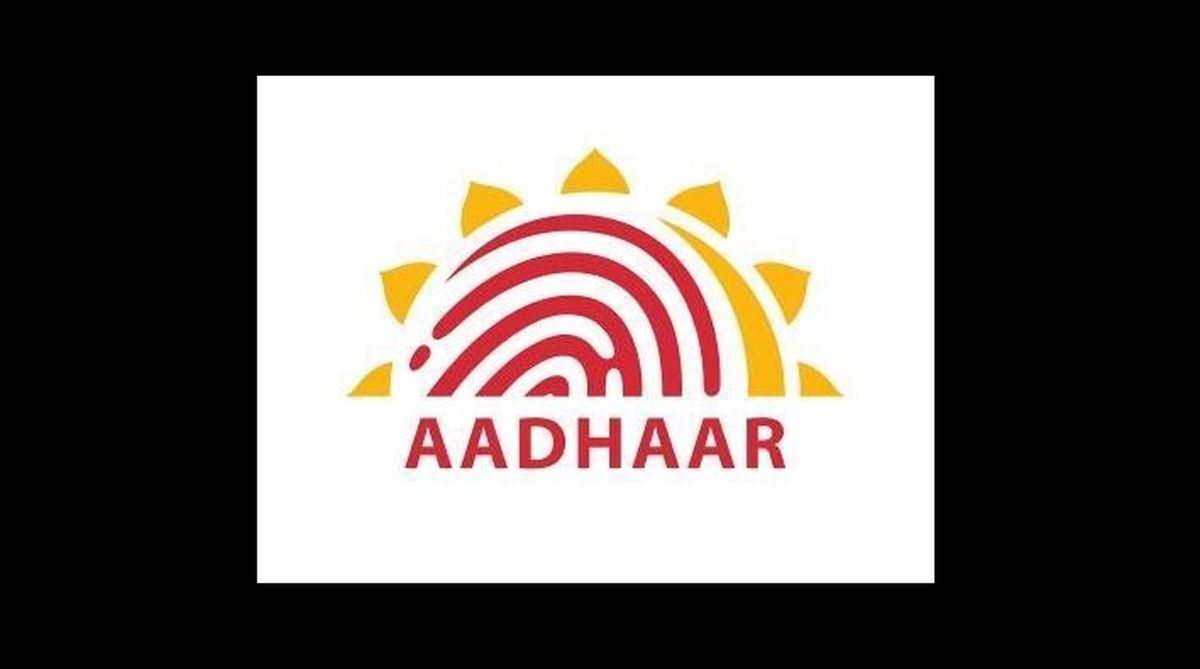Like the never-ending argument over whether a glass is half-full or half-empty, political opinion will long be divided over the verdict on the Aadhaar issue of the five-member Constitutional bench of the apex court. Since it was a highly contentious matter the assessments of both the government and its opponents were strongly coloured by ingrained perspectives.
While seeming to strike a balance between administrative convenience and individual privacy, the 4-1 split decision did create one unanimous impression ~ their Lordships had their tongue-in-cheek when stating that Aadhaar was “unique, not the best.” That must dampen the enthusiasm of the NDA’s trumpet blowers, for it does offer scope for further finetuning after nearly 1500 pages of judicial pronouncement are duly scrutinised.
The final word has yet to be spoken: for those who place a premium on personal freedoms will not capitulate to an authoritative administration as long as the Supreme Court retains its cherished flavour. The diametrically different interpretations of the verdict ~ as articulated by the finance minister and the president of the Congress party ~ point to one of the larger failures of Indian democracy as now practised.
Both Aadhaar, and GST, were initiated by the UPA: but were allegedly twisted” for political ends by the BJP/NDA. It is a mockery of the parliamentary system that no consensus (unanimity is impossible in the prevailing climate, not even on diplomatic or national security mattes) was sought. The NDA leadership believes it is “my way or no way” while the Opposition opposes for opposition’s sake.
Hence the combined surrender to the “giant” judiciary on a range of concerns that ought to have been resolved in the legislature. All landmark decisions now emanate from the Supreme Court, Parliament relegated to a political sock-exchange. And after Justice Chandrachud’s dissenting order in the Aadhaar case, the floodgates are open for cutting to size Speakers of the Lok Sabha who bow to government diktat.
For the common man the court’s ruling that an Aadhaar card was not necessary to secure a mobile phone, open a bank account or get a ward admitted in school or college is more than the end of avoidable headache, although there is an ominous ring to the government’s belief this happened only because it was not sanctioned by law and not because it was an intrusion. It is an attack on the Big Brother attitude which the government encouraged.
Yet Big Brother has also been empowered to oversee the utilisation of the money he spends on welfare ~ thousands of crores of taxpayers’ money was being siphoned off. Fair enough, but only if the common folk remain convinced ~ many are not ~ that the system by which Aadhaar data was collected and processed was markedly better than when ration cards were the equivalent of a domestic passport. At the core of the Aadhaar controversy is not the political firefight their Lordships have substantially doused, but official ineptitude that no judicial order can remedy.











